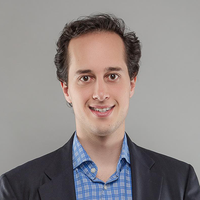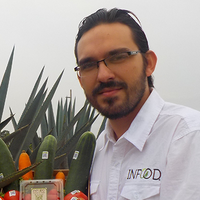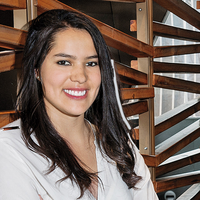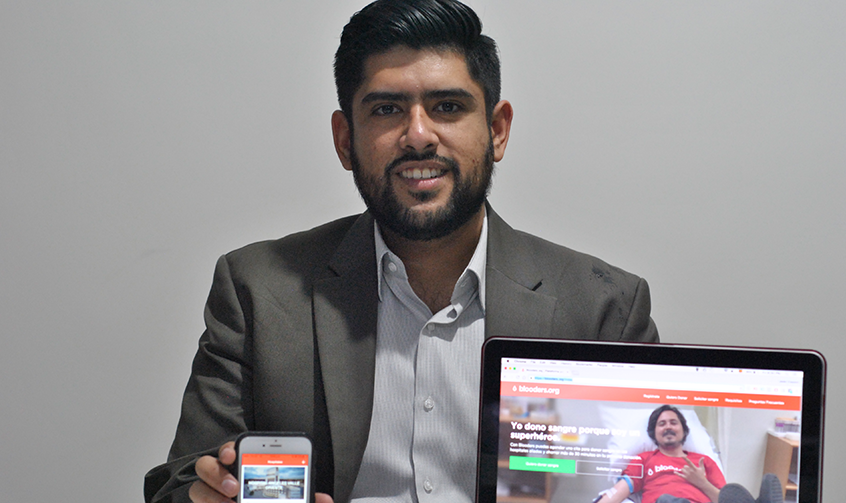Internet & web
César Humberto Esquivel Téllez
Patients in need of a blood transfusion can find donors more easily through his web platform

Latin America
Daniel Vogel
Using the widespread ownership of mobile phones in Mexico and his Bitcoin based platform to increase access to banking services

Latin America
Adrián Garcia Casarrubias
Small farmers can maximize their benefits by connecting directly with consumers through his platform

Europe
Stanislas Niox-Chateau
Booking a doctor's appointment is quick and easy thanks to his platform that already has 6.500 professionals

Latin America
Ilana Milkes
95% of the students from her digital skills workshops have found work within three months
